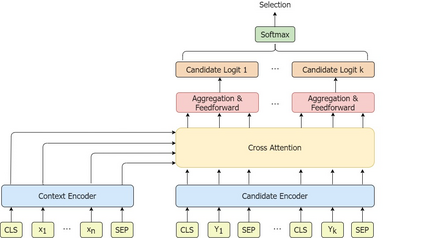As an essential component of dialogue systems, multi-turn response selection aims to pick out the optimal response among a set of candidates to improve the dialogue fluency. In this paper, we investigate three problems of current response selection approaches, especially for generation-based conversational agents: (i) Existing approaches are often formulated as a sentence scoring problem, which does not consider relationships between responses. (ii) Existing models tend to select undesirable candidates that have large overlaps with the dialogue history. (iii) Negative instances in training are mainly constructed by random sampling from the corpus, whereas generated candidates in practice typically have a closer distribution. To address the above problems, we create a new dataset called ConvAI2+ and propose a new response selector called Global-Selector. Experimental results show that Global-Selector trained on ConvAI2+ have noticeable improvements in both accuracy and inference speed.
翻译:作为对话系统的一个基本组成部分,多转反应选择的目的是在一组候选人中选择最佳反应,以提高对话的流畅度。我们在本文件中调查了当前反应选择方法的三个问题,特别是针对以一代人为基础的对话代理人:(一) 现有办法往往作为一种评分问题拟订,其中不考虑答复之间的关系。 (二) 现有模式往往选择与对话历史有很大重叠的不受欢迎的候选人。 (三) 培训中的负面事例主要通过随机抽样来构建,而实际产生的候选人通常分布更为接近。为了解决上述问题,我们创建了一个称为ConvAI2+的新数据集,并提出一个新的反应选择者,称为全球选择者。实验结果显示,接受ConvAI2+培训的全球选择者在准确性和推断速度上都有明显改善。










